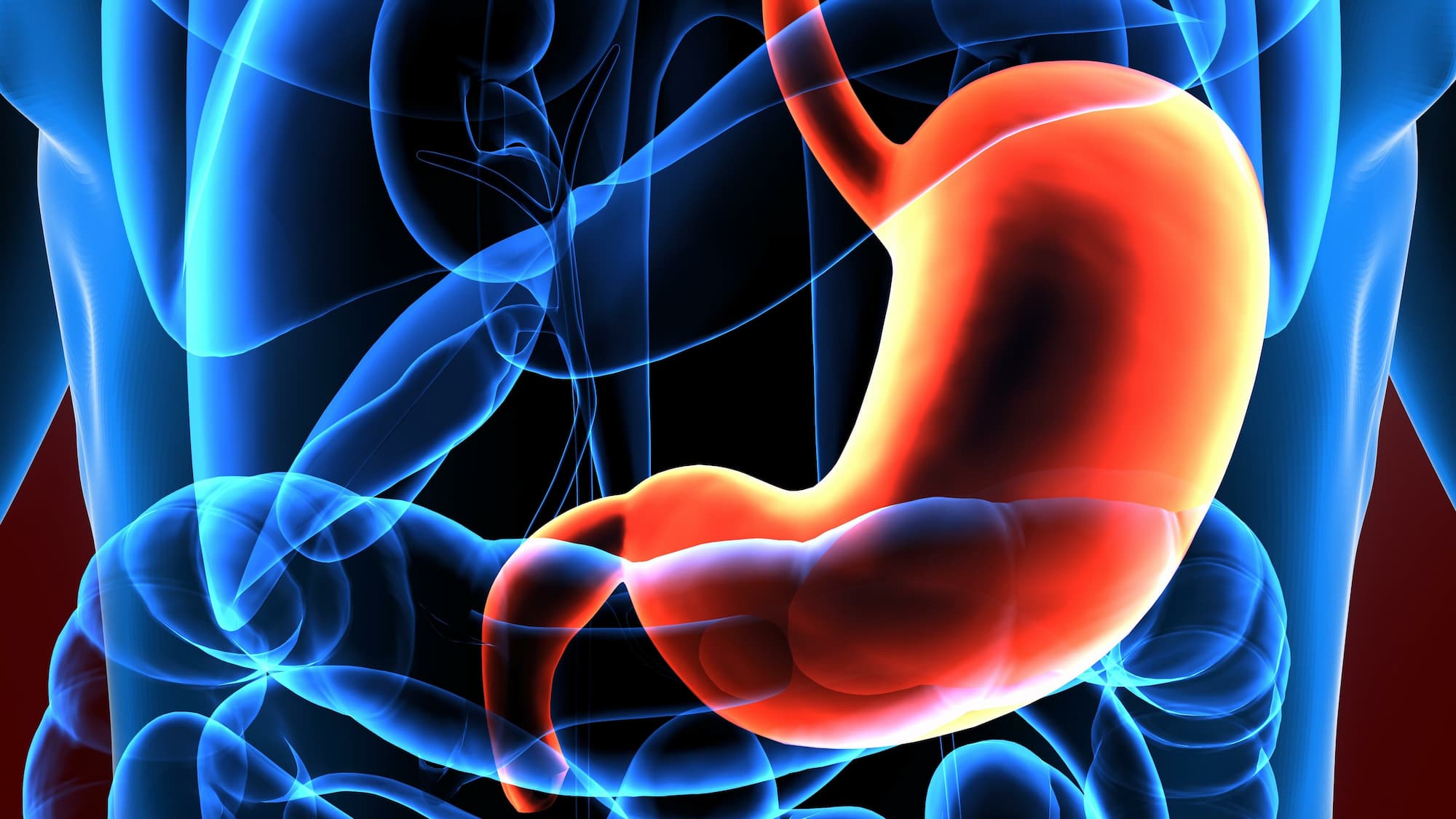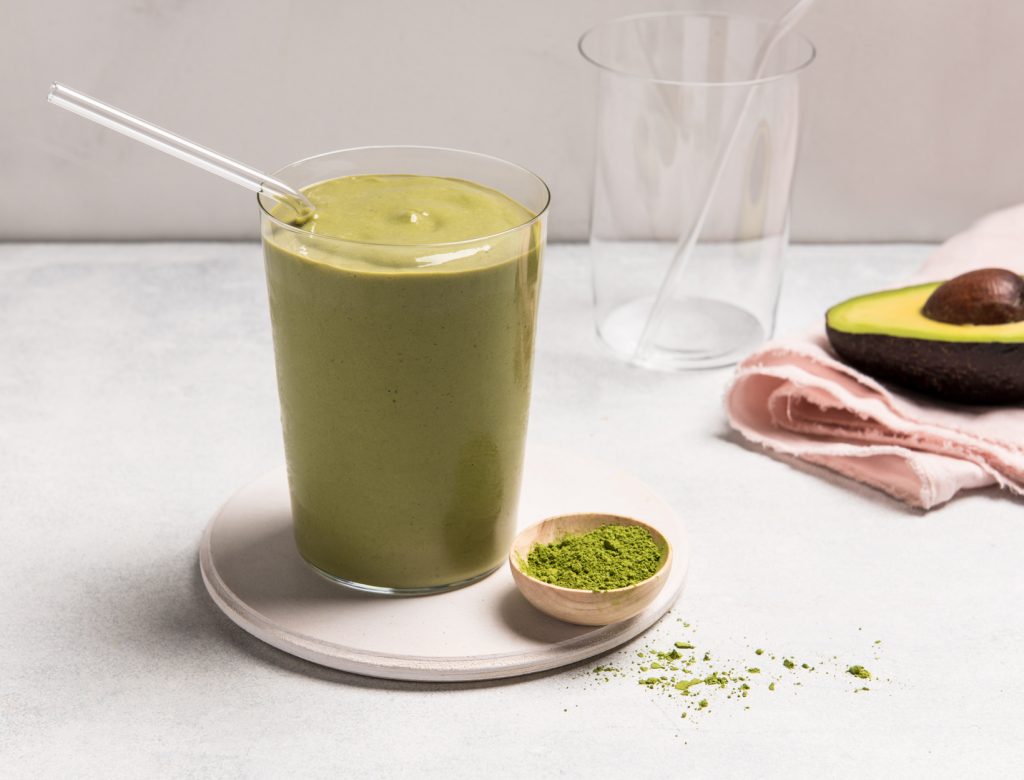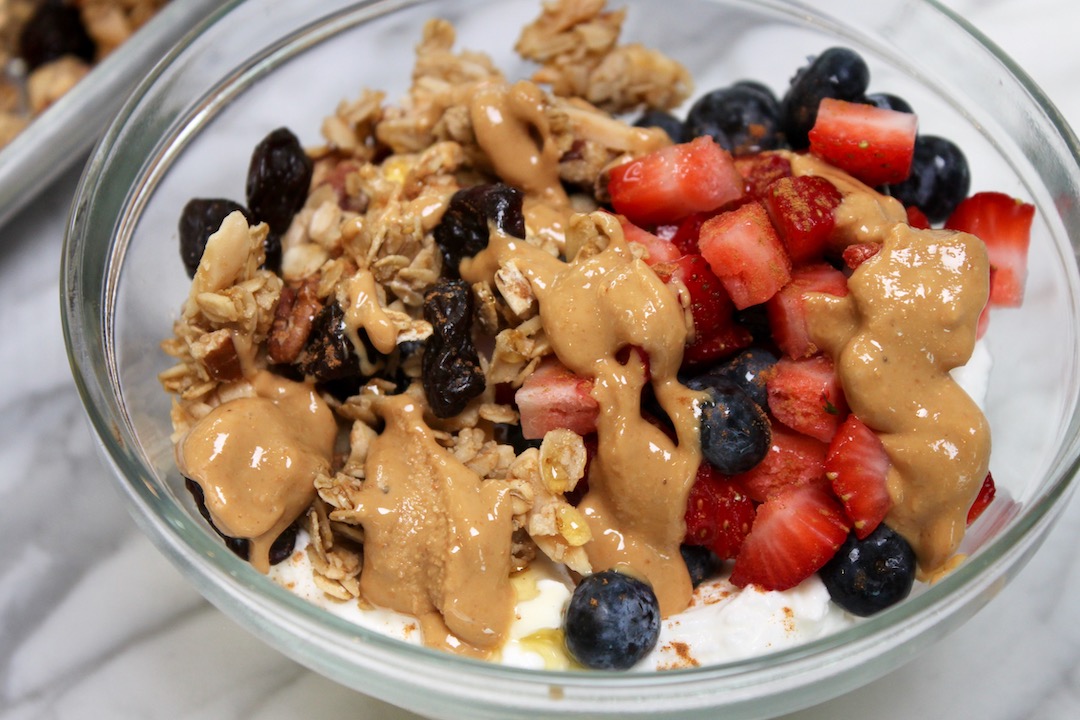When you’re trying to lose weight, alcohol can be a sneaky culprit that slows your progress more than you realize. While an occasional drink might seem harmless, regular consumption can sabotage your efforts in several ways. From added calories to poor decision-making, alcohol can disrupt metabolism, hinder fat burning, and even lead to overeating. Understanding the impact of alcohol on your body and making mindful choices can help you stay on track with your weight loss goals without completely giving up your social life.
1. Empty Calories Add Up
Alcohol is calorie-dense, with 7 calories per gram—almost as much as fat. But unlike protein, carbs, and fat, alcohol provides no nutritional value. That means you’re consuming “empty” calories that don’t fuel your body, but they still contribute to your daily caloric intake. If you’re trying to maintain a calorie deficit for weight loss, those extra drinks can easily push you over your limit.
2. Slows Down Fat Burning
When you consume alcohol, your body prioritizes metabolizing it over burning fat. This is because alcohol is seen as a toxin, and your body works to get rid of it first. As a result, fat burning slows down or even stops temporarily, making it harder to lose weight. So, if you’re drinking regularly, your body might struggle to burn stored fat efficiently.
3. Increases Appetite
Alcohol can lower inhibitions and impair judgment, making it more difficult to resist unhealthy foods. After a few drinks, you might find yourself reaching for high-calorie snacks or fast food that you would normally avoid. Alcohol also affects hormones like leptin, which signals fullness, so you might end up overeating without even realizing it.
4. Disrupts Sleep
Alcohol may help you fall asleep quickly, but it disrupts the quality of your sleep. Poor sleep has been linked to weight gain due to its effects on hunger hormones, metabolism, and energy levels. When you’re tired, you’re more likely to crave high-carb, sugary foods for a quick energy boost, which can derail your weight loss efforts.
5. Dehydrates You
Alcohol is a diuretic, meaning it causes your body to lose fluids and become dehydrated. Dehydration can lead to water retention and bloating, making you feel heavier and more sluggish. Staying hydrated is essential for proper digestion and maintaining a healthy metabolism, both of which are key to losing weight.
6. Impacts Workout Performance
Drinking alcohol can affect your energy levels, coordination, and recovery time, which means your workouts may suffer. When your body is busy metabolizing alcohol, it can’t perform at its peak. This can result in less effective workouts, reduced endurance, and slower muscle recovery, all of which can hinder your weight loss progress.
7. Making Smarter Choices
While cutting out alcohol entirely can speed up weight loss, moderation is key for those who enjoy a drink now and then. Opt for lower-calorie beverages like vodka with soda water, light beer, or dry wine, and keep an eye on your portions. Avoid sugary mixers, which can add hundreds of extra calories to your drink.
Alcohol doesn’t have to derail your weight loss journey, but being aware of its effects can help you make more informed decisions. By practicing moderation and balancing your lifestyle, you can enjoy the occasional drink without compromising your health goals. To boost your fat-burning efforts and support your body’s metabolism, check out [Affiliate Product] for an added edge in your weight loss journey.
















